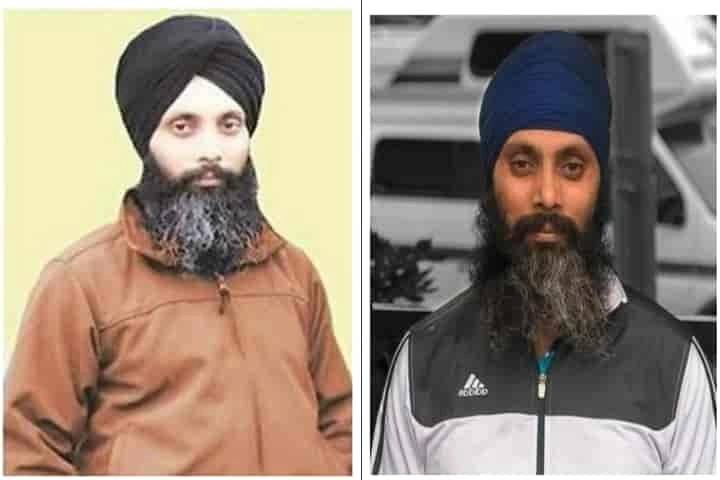On October 29, the upcoming vote will inquire whether High Commissioner Sanjay Verma bears responsibility for the alleged “assassination” of Hardeep Singh Nijjar…reports Asian Lite News
The second phase of referendum to weigh support for Khalistan, to be held in Canada next month, will now be asking voters whether the Indian high commissioner was responsible for the death of a radical Sikh leader in June, according to its organisers, media reports said.
The outlawed extremist group, Sikhs for Justice (SFJ), which conducted the first phase of unofficial voting on September 10 in Surrey, said they have added a question to the ballot in British Columbia, the Vancouver Sun newspaper reported.
The October 29 vote will ask whether High Commissioner Sanjay Verma was responsible for the “assassination” of Hardeep Singh Nijjar, chief of banned terror outfit Khalistan Tiger Force (KTF) and president of Guru Nanak Sikh Gurdwara in Surrey.
The Sun is yet to receive responses from the High Commission of India in Ottawa and the Consulate General of India in Vancouver on the referendum question.
A poster war has been unleashed in Canada following the death of Nijjar on June 18, threatening Indian diplomats and installations, and holding High Commissioner Sanjay Verma and consul generals in Vancouver and Toronto responsible for his death.
Ruling out the connection for foreign interference in Nijjar’s death, Canada’s Integrated Homicide Investigation Team (IHIT) said last month that they are looking for two “heavy-set” gunmen and the driver of a getaway car, a silver 2008 Toyota Camry.
The venue of the upcoming vote will remain the same, Surrey’s Guru Nanak Sikh Gurdwara where Nijjar was gunned down, organisers told Vancouver Sun.
The vote was supposed to be held at a school in Surrey, but was cancelled after images of weapons on the poster were brought to the school authorities’ notice by concerned residents.
The SFJ said more than 135,000 voters turned up at this month’s referendum, which came the same day Prime Minister Narendra Modi conveyed strong concerns about continuing anti-India activities to his Canadian counterpart Justin Trudeau at the fringes of the G20 Leaders’ Summit.
Modi told Trudeau that the extremist elements are promoting secessionism and inciting violence against Indian diplomats, damaging diplomatic premises, and threatening the community in Canada and their places of worship.
In a media interaction after meeting his Indian counterpart, Trudeau said that the actions of the few do not represent the entire community or Canada.
“Canada will always defend freedom of expression, freedom of conscience, and freedom of peaceful protest and it is extremely important to us. At the same time we are always there to prevent violence and to push back against hatred,” he said in response to a question on Khalistani extremism.
Despite New Delhi registering strong protests, an anti-India campaign has continued in Canada with pro-Khalistani graffiti and posters targeting Indian diplomats and temples across the country.
Incidents of Khalistani elements protesting outside the Indian consulate in Toronto displaying “Kill India” posters, had led to External Affairs Minister S. Jaishankar saying that Canada was apparently allowing these protests driven by votebank politics.

Leave a Reply